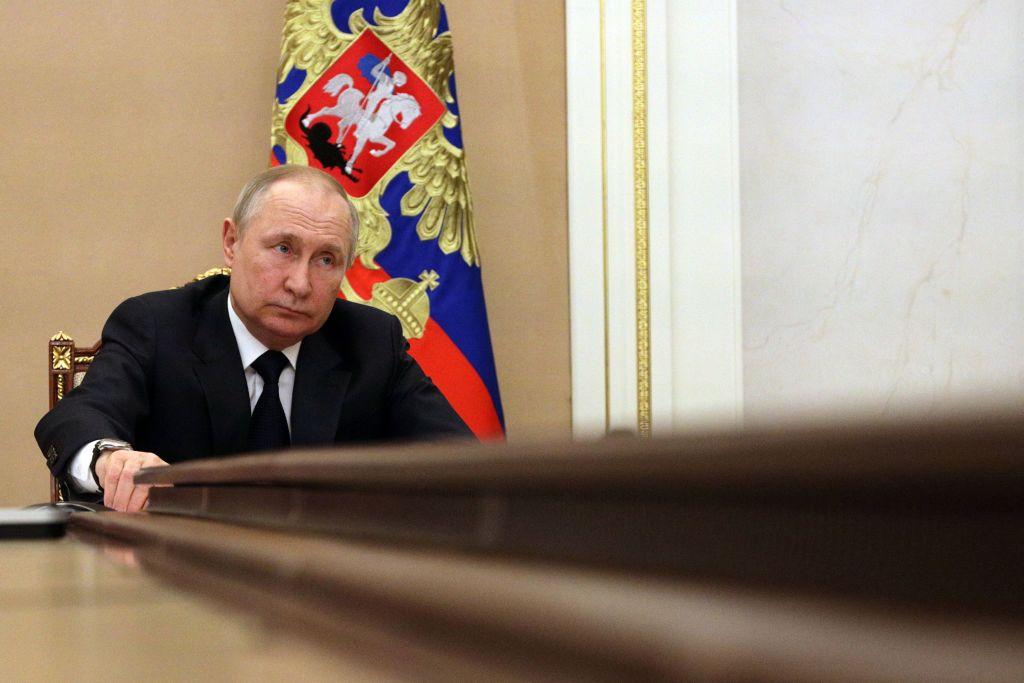Russian President Vladimir Putin’s ability to absorb economic punishment outstrips that of democratic leaders, who will face pressure from voters from rising living costs in the wake of the invasion of Ukraine, according to the former head of Australia’s Department of Defence.
“He doesn’t face elections. He doesn’t have to worry about petrol prices. He doesn’t have to worry about the cost of livings,” former head of the defence department, Dennis Richardson, told the National Press Club on March 16.





